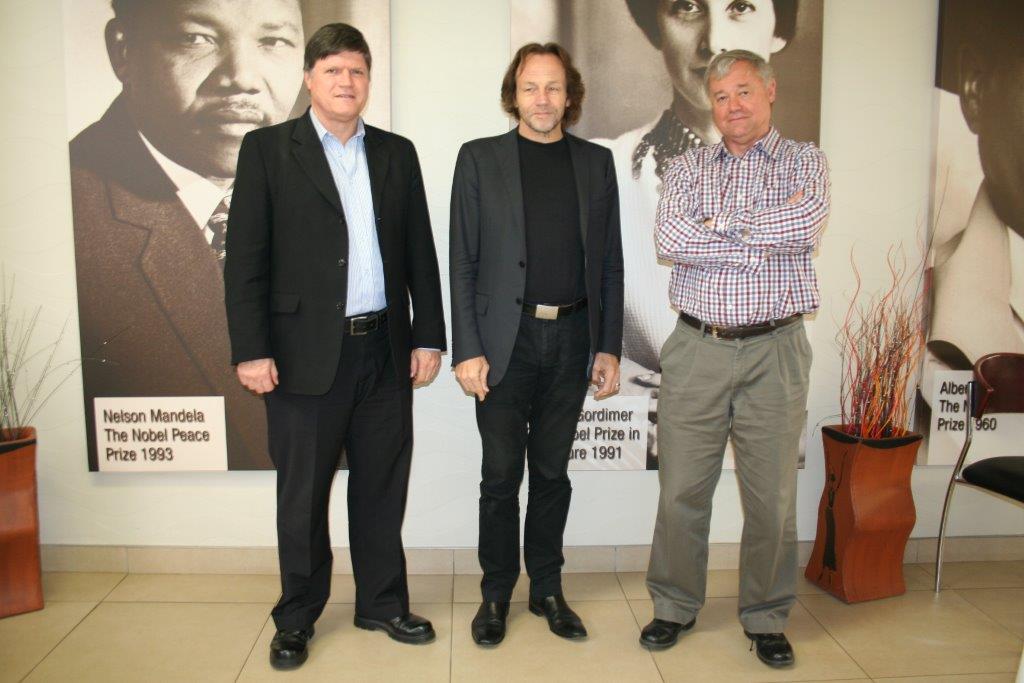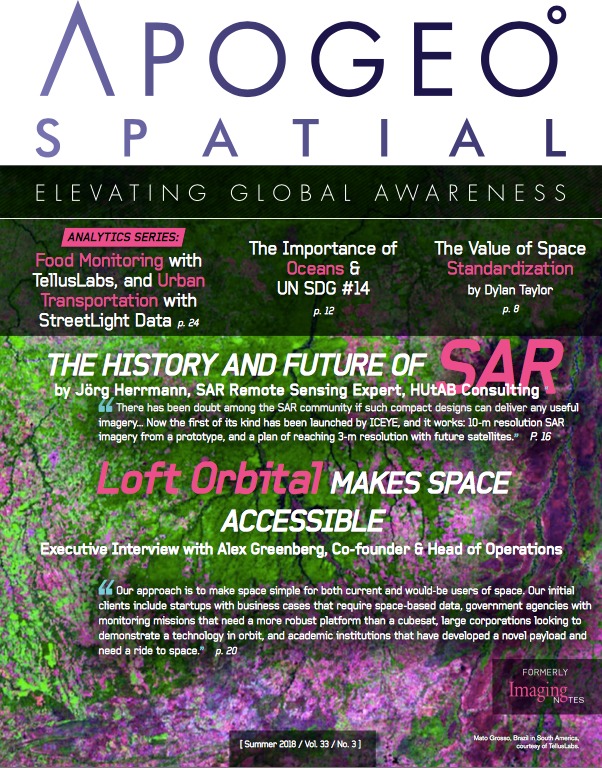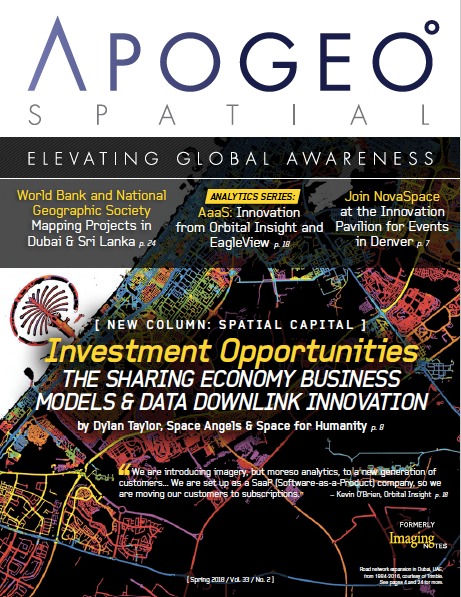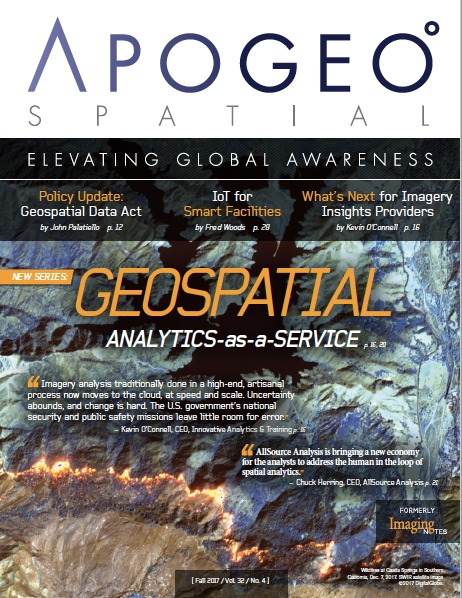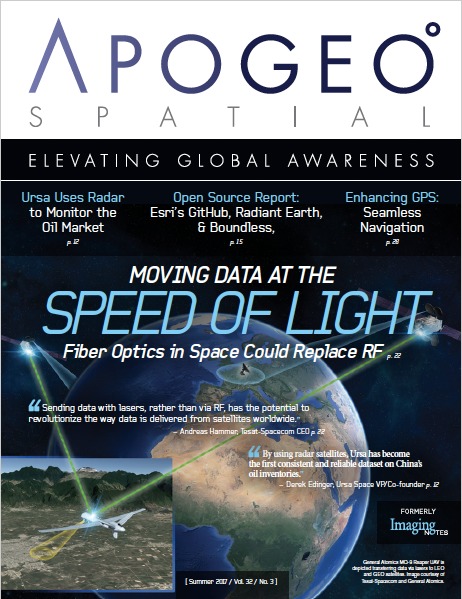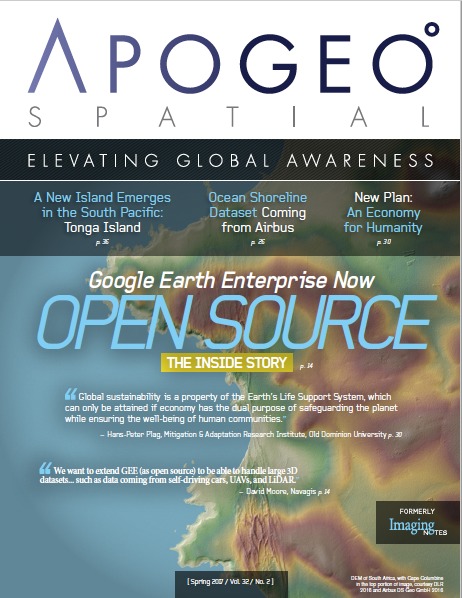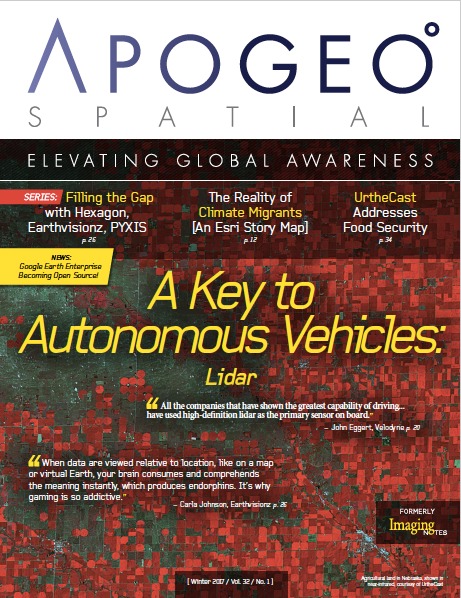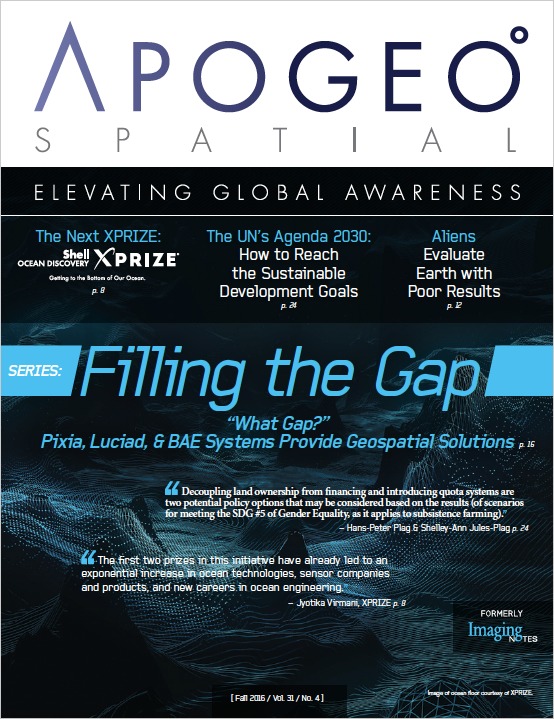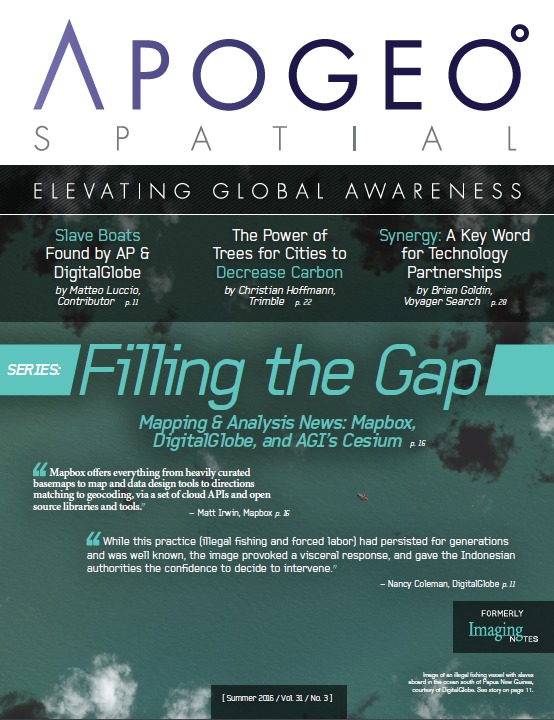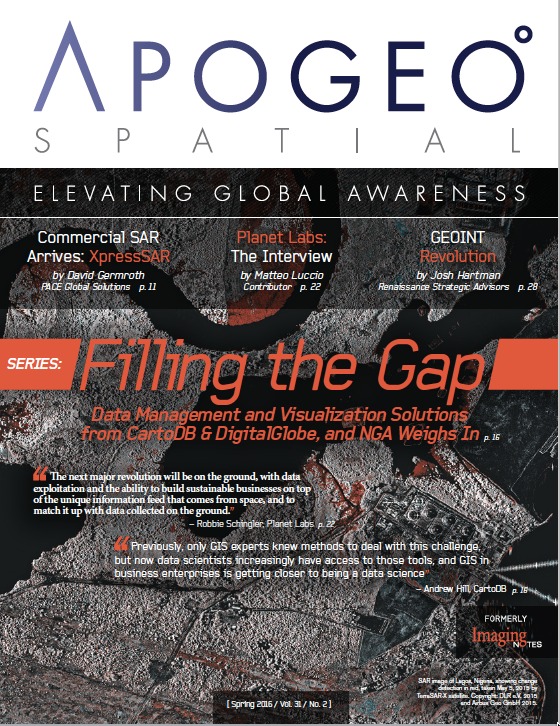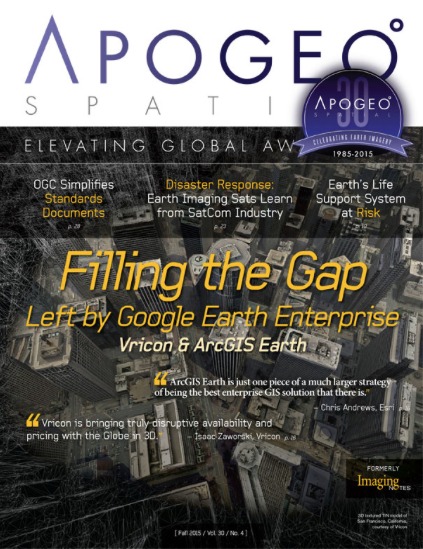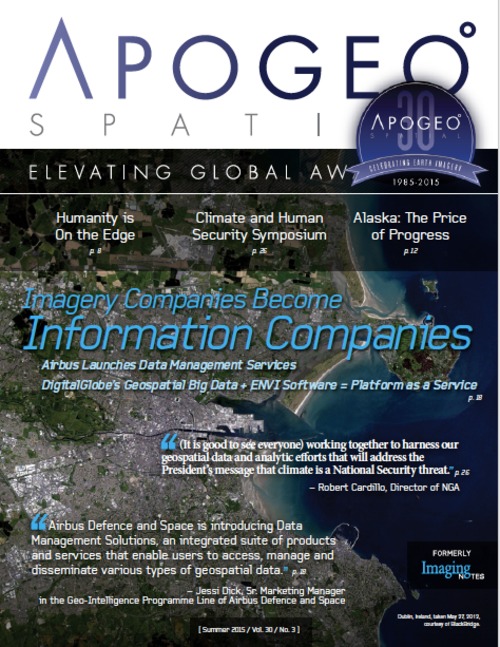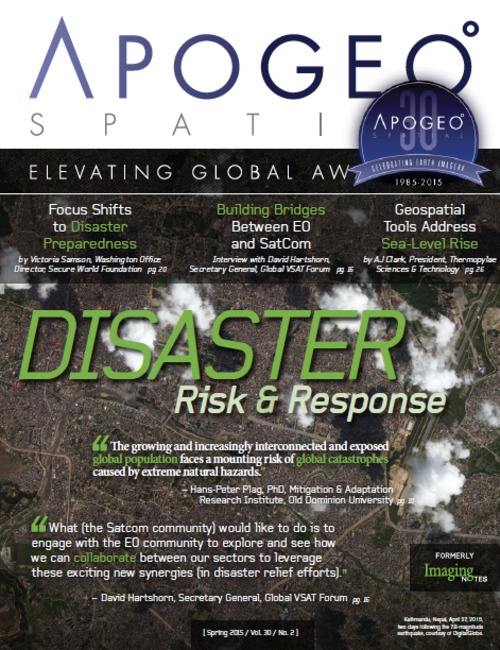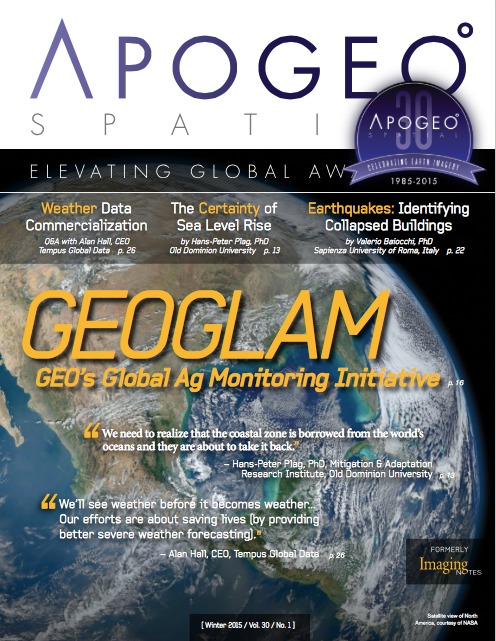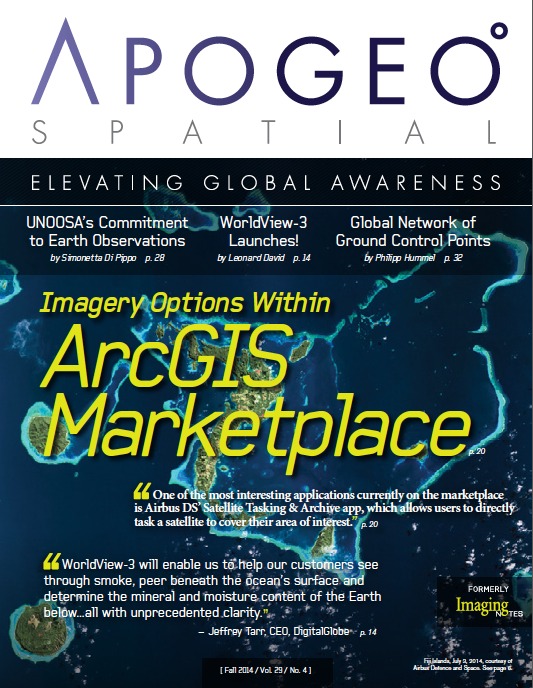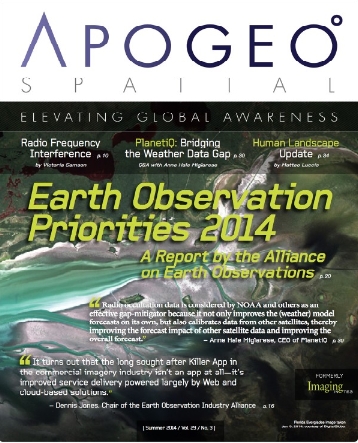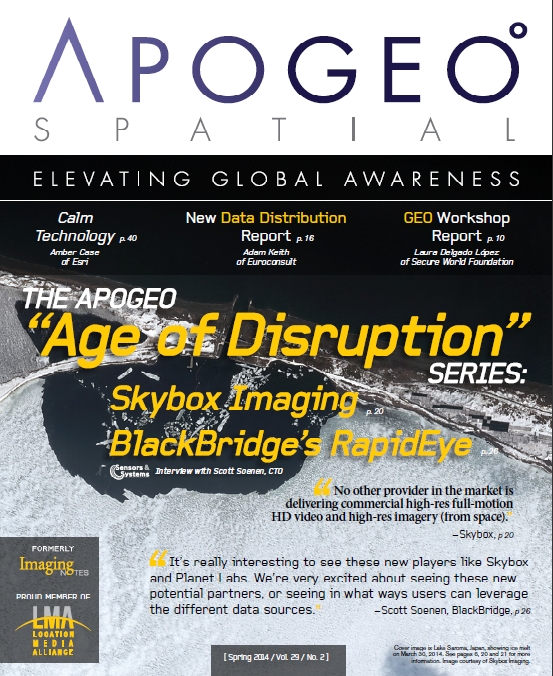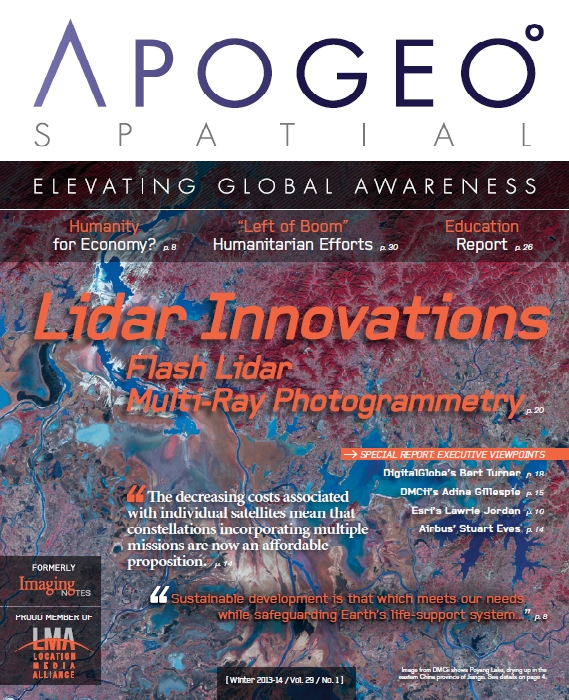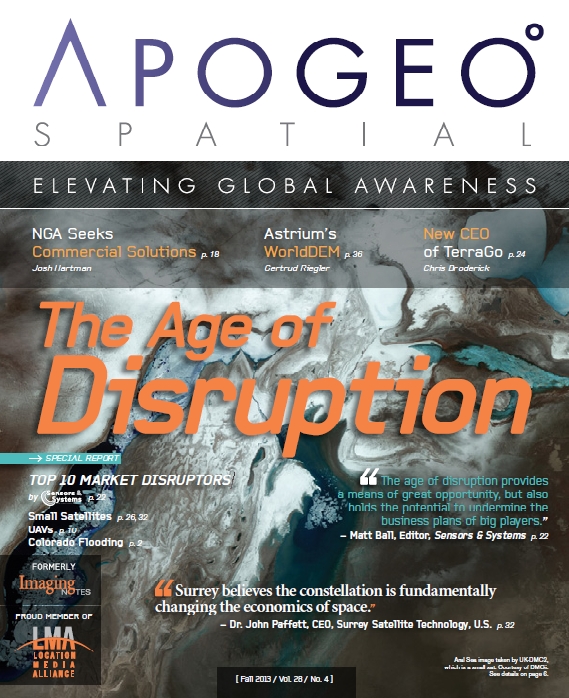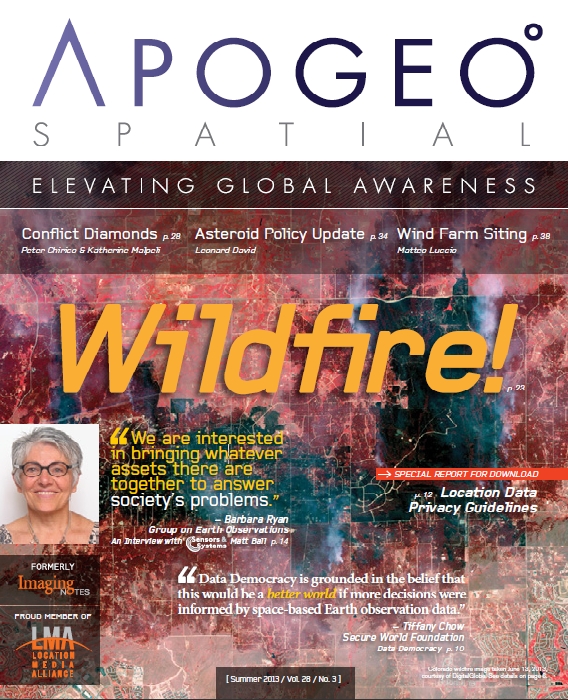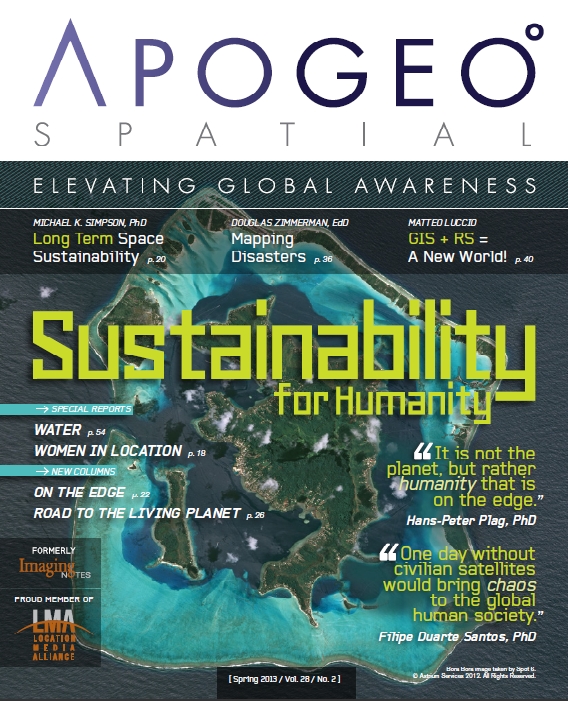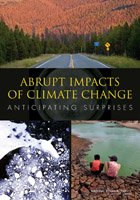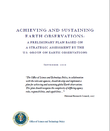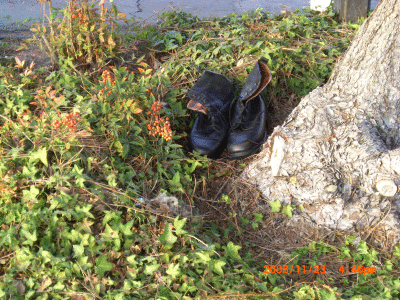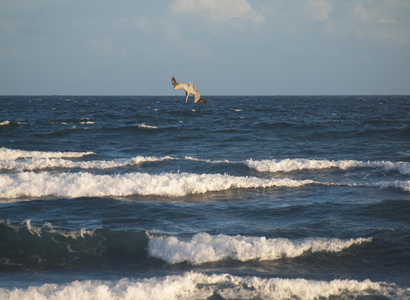|
Social Media:
Teaching
Items of the month: Note that since April 2014, I am publishing these items in my blog at http://runninginfog.wordpress.com/.
Activities I contribute to: Selected Recent Presentations and Publication
|
[24 July 2014] Credibility of Science: In a column in the journal ApoGeo, I find that the credibility of science requries scientists to better clarify what they do not know instead of mapping this all into a wide range of uncertainty. I use the recent rapid change in our knowledge of the potential contribution of ice sheets to sea level rise as an example to illustrate the problems in communicating scientific knowledge to society. Read the column ... [20 May 2014] Risk management: The newest contribution to my column in ApoGeo titled “Risk Management — Climate VS. Car Crashes” provides the second part of my answer to a 20-year old student, who after listening to one of my lectures on climate change asked me what I would like to tell my 20-year old self. Read the column ... [26 April 2014] Talking to the Younger Self: I published a guest column titled “A talk with a younger self” in the Virginia Pilot on April 20, 2014, which triggered considerable discussion. The latest contribution is a letter to the editor titled Younger Self, which stimulated more than 40 comments. [23 February 2014] Humanity for Economy or Economy for Humanity? - What to tell your 20-year-old self. An economic pledge binding us to safeguard the Earth's life-support systems while satisfying our needs could open an avenue to sustainable development. Read more ... 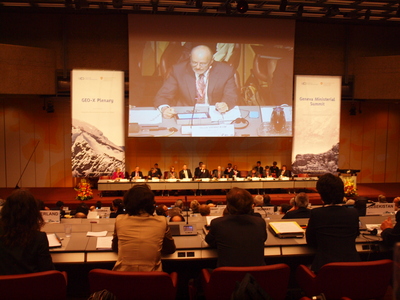
[November 16, 2013] CCAN Workshop on “Safe Coast Virginia” underlined the challenge of sea level rise for Hampton Roads: A workshop discussing the challenge of climate change and sea level rise for Virginia's coasts and options for adaptation (see the announcement) organized by the Chesapeake Climate Action Network (CCAN brought together key stakeholders in the region, who emphasized the scale of the challenge Hampton Roads and Virginia's coasts are facing and made a claim for urgent action. The CCSLRI director contributed a presentation (pdf). [25 October 2013] Uncontrolled experiment or planetary accident? We are conducting an “uncontrolled experiment” with the planet that could turn into an extinction-class event. Read more ... [30 August 2013] Can we fathom the threat of rising seas? The rising seas made it into National Geographic - but do we fathom the threat of rapidly changing coast lines? Rapidly changing sea levels are outside of the normality experienced by humanity through 6,000 years of emerging civilizations, and it is very likely that our normality bias leads us to crossly underestimate the threat. Read more ... [02 August 2013] A speed of change outside the "normal": We have pushed Earth into a speed of change outside of the “normal” during the last 65 Million years. How can we expect that this speed of change will not transform the biosphere in its core and challenge humanity as a species? Read more ... [08 July 2013] Alarmist or Realist?: The second article in the column “On the Edge” in ApoGeo (formerly Imaging Notes) has been published with the subheading “The Art and Urgency of Creating Worry”. The author discusses the need to “irrationalize” the facts about climate change so that we can integrated them into our decision making, which is not dominated by rational facts but rather by our fears and worries. The column starts on page 18 of the Summer issue available at http://www.apogeospatial.com/images/apogeo_su2013_lowres.pdf. [10 June 2013] Back from another planet: Unpacking a new country can hold surprises, and they are not always the best. After only a few months in South Africa, I am back in the USA; now at Old Dominion University in Norfolk, Virginia. Although life at the East Coast seems to be quite different from the West Coast, any differences are small compared to the differences between the US and Europe on the one side and South Africa on the other side. It makes sense to say we returned from another planet ... [05 June 2013] Running in Fog: The first article in the new column “On the Edge” in ApoGeo (formerly Imaging Notes) has been published with the heading “Finding a Safe Operating Space for Humanity”. In this column, Hans-Peter Plag makes clear that it is not the planet, but rather humanity that is on the edge. The column starts on page 22 of the Spring issue available at http://www.apogeospatial.com/images/apogeo_sp2013.pdf. [09 March 2013] Epic Global Warming: CCN comments on a recent long-term study, which indicates that within a century we pushed our home planet from one of the coldest times in the last 11,000 years to the hotest time. See the CNN Article. We are rapidly pushing our home outside of the "safe operating space of humanity" ... |
|
Some work I do: I co-chair the Geohazards Community of Practice (GHCP) of the Group on Earth Observations (GEO). Visit the web site of the GHCP ... I co-chair the Coastal Zone Community of Practice (CZCP) of GEO. Visit the web page of the CZCP ... I maintain the pages at geo-tasks.org as a work space for the main activities I am involved in in GEO. These activities involve the GEO Work Plan Task ST-09-02: Promoting Awareness and Benefits of GEO; the GEOSS Portfolio for Science and Technology; a calendar for S&T Meetings (please submit any meeting information to be included in this calendar to me); and the web pages of several workshops. From January 2012 onward, the web page for the new Task ID-03 will also be maintained there. I am also involved in the design and population of the GEOSS User Requirement Registry (URR), including the compilation of a set of tutorials. I am leading the development of the GEOSS Science and Technology Service Suite (GSTSS), see www.gstss.org.
My page on geodesy, ggos, and GGOS is available here ... |
A liar' shame is surpassed only by the coward's who won't stand up to him. Some timely (annotated) links: Americans Denial of Global Warming: Do we really need to care about that? Seems like between one-third and one-half of Americans still believe that there is real evidence of global heating (they still call it warming), or that if some warming is happening, it would be due to "natural variability." Others believe that scientists are still debating the point. In this video, the USCD historian Naomi Oreskes discusses some of the reasons for the widespread misunderstanding or ignorance of scientific discourse and consensus (including organized campaigns aimed at the creation of public doubt and confusion concerning science; one of the "bad guys" being the George C. Marshall Institute: Science for Better Public Policy). "We are as gods and have to get good at it": Listen to Stuart Brand, whose sequence of arguments at a first look seem to make sense, but if you think about, you might agree with me that his thinking is fundamentally flawed. And to a large extent his thinking is opposed to the deep thinking that James Lovelock (see also wikipedia) puts on our table in "The Vanishing Face of Gaia," although Lovelock's ideas about nuclear energy being the only green solution are flawed, too. If you want to discuss these issues with me, send me a message (see at the end of the page). Here is some more substantial thinking: Can we save civilization? Read Lester R. Browns "Plan B 4.0 - Mobilizing to Save Civilization" available at the Earth Policy Institute ... For geophysical and geodetic details on recent earthquakes in Northern Mexico (Baja), Chile, and Haiti, visit the SuperSite Page ... |
Picture of the month ...
| ||
Story of the month ...
June 2013: Knives and assault weapons: In the International Herald Tribune I could read today (June 7, 2013) that the U.S. won't allow knives on planes (see the earlier article in the NYT here). We are not talking about big knives only, we are talking about knives down to the samllest pocket knives. The TSA had considered to allow small knives to be carried on board, but the flight attendent and crews had protested. They felt that the presence of such small knives would make their lifes and that of the passenges less safe. I am not sure, I agree with the flight attendents, but I don't see a problem in keeping knifes out of air planes. The interior of air planes in flight are the safest places in the world. Statistically, one needs to spend 35,000 years there to be in an accident. Partly, they are so safe because we make sure that airplanes are well maintained, the people doing the job are well trained and selected, and traffic is controlled with a huge effort. Partly, they are also safe because we have made an unparalled effort to ensure that no passengers with assault weapons, explosives, swords, golf clubs, baseball bats, large and small knifes, and even sharp cosmetic tools get in. If we would apply the same reasoning to society at large, would we then allow unscreaned people to acquire assault weapons, have them at home ready to use, and carry them almost wherever they want without control (expect for airplanes, of course)? Would we let people freely buy all sorts of weapons, even those that can easily be concelled? Nobody is accusing the flight attendents of being paranoic because they didn't want passengers with knifes on the planes. But in the U.S. society, people who argue against proliferation of weapons and the right of everyone to posses almost whatever rifle, gun, knife, sword or other weapons they want are often ridiculled. Why do we even respect a person who argues in favor of the right to own weapons? Why do we even consider the argument they put out there that more weapons will make society more safe? All scientific studies and all statistical data show the opposite. The “more weapons equal more safety” is a hoax, with an impact comparable in the U.S. to the impact of the “there is no climate change” hoax. In the U.S., people who ignore science, statistics, and well documented knowledge and, among others, publically argue in favor of the right to own assault weapons and other weapons may be elected into public positions, including the U.S. Congress and the Senate. I am glad, they obviously don't make it into the air plane cabines as flight attendants. | ||
Thought of the month ...
October 2013: Uncontrolled experiment or planetary accident? In the third contribution to my column “On the Edge” published in ApoGeo (formerly Imaging Notes) with the subheading “Uncontrolled experiment or planetary accident?”, I make the claim that the “uncontrolled experiment” we are conducting with the planet would better be termed an “extinction-class event.” The magnitude of changes on the planet, the scale of species extinction, and the speed at which these changes take place are comparable to what an extinction-class impact of an asteroid or volcanic eruption would cause. The outcome of the experiment already seems to be clear with more than one third of species already extinct. To read the column go to ApoGeo ... | ||
|
If you have a thought, story, or picture worth to be considered as thought, story or picture of the month, please feel free to share it with hpplag@unr.edu. If you have comments on the pictures, thoughts, or stories of the months, you may also use the form below to send them to me. | ||
